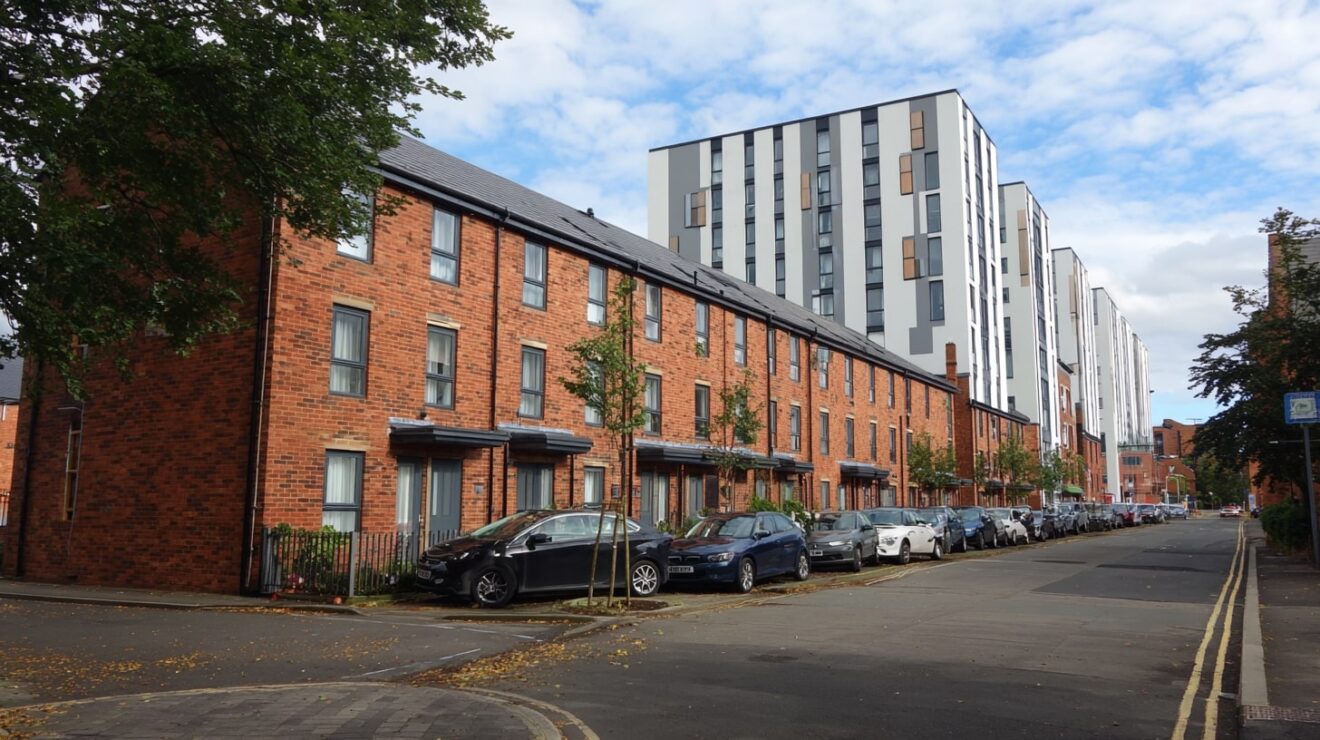“We particularly welcome applications from black and minority ethnic candidates, order to increase our staff diversity in this part of the organisation”.
This statement, or versions of it, has been tagged on to the end of nearly every vacancy I have browsed within the HE sector. It is common knowledge that organisations benefit from diverse workforces, as they broaden the perspectives and bank of nuanced knowledge that reaches a wider audience, yet it begs the question: what’s in it for us? What do we stand to gain from working for you and giving you the data of our identities, when we are treated as less knowledgeable and capable than our white colleagues?
In three years spent working for a small number of students’ unions, I have experienced racism and sexism in numerous forms – from university staff, from colleagues, and from students.
It’s difficult to detangle and identify which aspects of my identity suggested I deserved less respect and credit for my work, and more difficult still to clearly articulate the impact of these experiences within a culture that so readily dismissed the more brazen demonstrations of white superiority. I am incredibly lucky to now be in an organisation that is different – I have the space to reflect, heal, and critically analyse the higher education sector more broadly.
No accident
Structural inequalities are the result of systems and organisational behaviours that are crafted, honed, and deployed with such ease and frequency that they are barely registered. As university and SU staff move through institutions, these behaviours become the norm; for example to diversify recruitment, BAME candidates are “particularly welcome” to apply for a vacancy. The tagline is often the only change made to the job description, requirements, and marketing of the role, causing the pool of suitable and interested BAME candidates to immediately shrink.
I could, at this point, quote statistics on our limited representation in the sector to demonstrate the extent of the problem – but if you’re not already somewhat aware of these numbers then you haven’t been paying attention. In any case, what I want to discuss here is the qualitative data on our experiences as BAME staff in higher education institutions.
Further examples of hostile organisational behaviours are routinely documented in studies conducted by academics, trade unions, and even by the Equality and Human Rights Commission.
Unfailingly, they detail us experiencing the same patterns of behaviour from our white colleagues; barriers to promotion, unchallenged microaggressions, bullying and harassment from managers, and exclusion from resource-sharing and decision-making processes. The attempts made so far to address these issues, for example Cambridge’s mentor scheme for BAME staff and senior white colleagues, have failed to meet two key considerations.
Accountability
First, institutions fail to appropriately hold white colleagues to account for racial harassment.
Weak reporting systems and advice are further undermined by departments dodging emails, phone calls, and best practice in the case of complaints. It is, after all, easier to drive away one underpaid and over-scrutinised colleague than it is to forfeit the departmental funding that accompanies tenured white academics and managers.
It’s easier to berate the complainant for being too sensitive or failing to meet unwritten expectations, than it is to challenge a long-term colleague and friend for repeating behaviours that have already been brought to light in the past.
Burden
The second issue is that such initiatives place the burden of education and problem solving on us. On top of navigating the culture described above, we are further expected to isolate the palatable instances of racism and politely explain, repeatedly, that this is inappropriate.
This work reduces us and what we bring to an organisation – our knowledge, creativity, and perspectives are systemically quashed, and unfortunately the same exhaustion is rampant in the SU sector.
Like in universities, the onus for race equality work in SUs falls squarely on us, with the strains of lower budgets and higher workloads on top. SUs are not immune to embodying the organisational behaviours discussed above, and all too often perpetrators double down when confronted – by virtue of working for an educational charity, it’s simply impossible for SU staff to enjoy the comforts of white privilege at the expense of their BAME colleagues.
That said, in SUs I have had the genuine pleasure of working with colleagues who devote their career to making things better for students. We proudly campaign and advocate for students failed by out-of-date and one-dimensional policies and procedures, national news outlets regularly report on failures to adequately support student victims of harassment and sexual violence, and criticise the seemingly light penalties levied on perpetrators. In some cases, the institution’s public reputation seems to outweigh the needs and moral obligation to the victim.
SUs are hard at work dismantling the causes of these incidents through activism and campaigning, student support for victims, lobbying for meaningful student representation on university committees, and targeted behaviour intervention schemes.
Energy and bravery required
The same energy and concern, however, is severely lacking when we consider the needs and experiences of BAME in particular, black staff. Being failed by our organisations and niche sector hits hard, as we then fail to support and recognise our BAME students. We instead must watch mistakes being made and BAME students being neglected in our image, activities, and processes.
We must bite our tongues and restrain ourselves from sharing the knowledge and insight that would take our work as a collective sector to new levels.
I have two appeals to the SU sector. First, stop relying on BAME students to furnish our activities. Explore methods through which diversity celebrations such as Black History Month can be as integrated into our yearly planning as Welcome Week. Equip your staff to lay the foundations for cultural celebrations and race equality activism such that, when the much-needed prompt from students is given, we can collectively produce work that is student-led rather than student-run.
The second is to be brave. Consider bold initiatives and training for all staff which encourage organisational values to be constantly met. Formulate and embed proactive practices into organisational and democratic structures, which tangibly target the barriers to BAME student engagement. Change won’t come from your comfort.


















